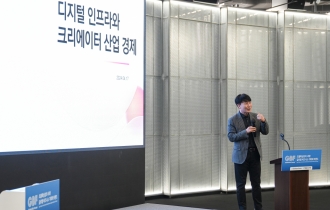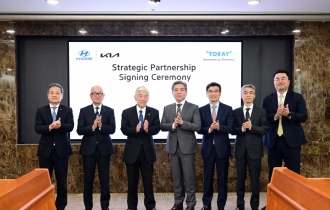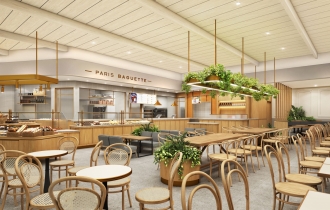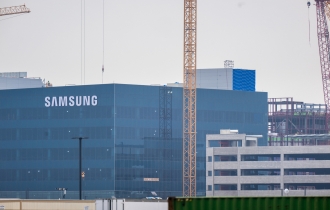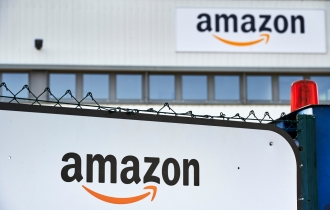Apartment price grow 3 times faster than household income
[THE INVESTOR] The rate of increase of apartment housing prices in South Korea on average grew nearly three times higher than the growth of current household income over four years under the previous administration, data showed on June 18.
The price of jeonse -- referring to deposits for a two-year lease of a house instead of monthly payments -- also rose sixfold compared to income over the cited four years.
The average current monthly household income rose by 8.7 percent, from 3.93 million won ($3,470) at the end of 2012 to 4.27 million won at the end of 2016, data compiled by Statistics Korea showed.
A separate set of data from Kookmin Bank, meanwhile, showed the average price of apartments nationwide surging 22 percent, from 260.8 million won on average in December 2012 to 318 million won in December 2016. The rate of increase was 2.6 times faster than the income increase.
The average two-year lease deposit for apartments in the nation came to 235.9 million won in December 2016, up 51.9 percent from that of December 2012 at 155.3 million won.
The data also indicated that the average apartment price in December 2016 was 6.2 times higher than the annual household income on average across the nation, meaning that it might take more than six years to buy an apartment in South Korea if all income is saved.
In Seoul, the average apartment price was 11.6 times higher than average annual income, meaning that it would take nearly 12 years for a salaried worker to cover the cost of an apartment in Seoul.
Housing prices jumped significantly in 2015, months after the then-Finance Minister Choi Kyung-hwan eased regulations on the maximum mortgage loans for borrowers in August 2014.
In December 2014, the average apartment price rose 3 percent on-year, while jeonse jumped 9 percent.
At the end of 2015, the average apartment price rose 7.4 percent on-year, while that of 2016 jumped 9.9 percent. The average jeonse price of apartments rose 14.4 percent and 10.5 percent, respectively, on-year.
However, the current household income grew far slower. In 2014, the monthly household income rose 3.2 percent on-year, while the yearly increase rate of income in 2015 and 2016 from a year before stood at 1.6 percent and 1.1 percent, respectively.
The former finance minister, in the second year of former President Park Geun-hye’s tenure, raised the loan-to-value ratio and debt-to-income ratio, indicators for maximum volume of loans, by 10-20 percent. The move aimed to invigorate the domestic economy but led to more home transactions and the following housing price hike. The move in hindsight fell short of increasing household income and is now blamed for snowballing household debt.
Former President Park took office in 2013 after winning the election in December 2012, but was impeached by the parliament in December 2016.
By Son Ji-hyoung/The Korea Herald (consnow@heraldcorp.com)
EDITOR'S PICKS
- Trilateral talks acknowledge ‘serious’ slumps of won, yen
- Samsung C&T president makes her first business trip to Milan
- Seoul Business Agency CEO says SNS marketing essential for SME
- CJ Olive Young offers real-time translators for foreign visitors
- Hyundai Motor, Toray join hands for material innovation in mobility
- Paris Baguette debuts in the Philippines
- Samsung develops fastest DRAM chip optimzied for ondevice AI
- Amazon fuels e-commerce rivalry with free shipping campaign








